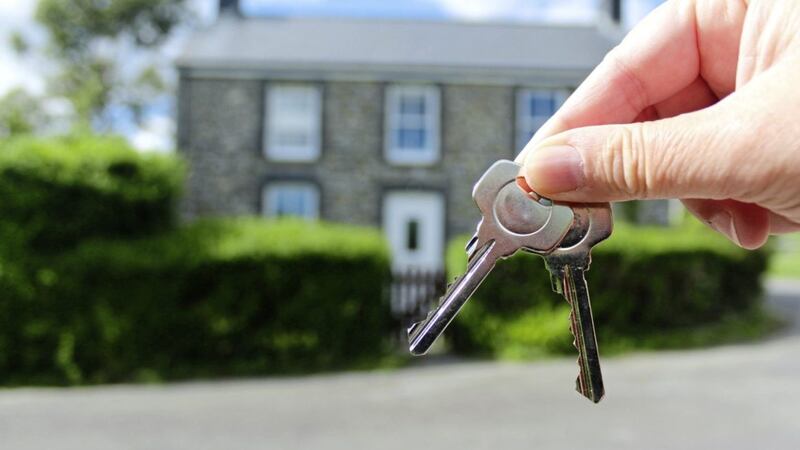IF you're a home-owner thinking about moving/upsizing/downsizing, and given the current state of the market, should you stay or go? Well, the answer very much depends on where your loyalties/needs are with your property.
Having excellent tenants doesn’t always mean you will have excellent tenants, and as any business person will tell you, the minute someone’s back is against the wall, you, as an ‘ogre capitalist businessman’, will matter not a jot.
I suppose the fundamental positive reasons for owning a second property relate to having an income over and above inflation and hoping the capital value will increase over time – or more importantly when you are ready, or need, to sell.
Timing can be everything. I bought my first house, and then spent 10 years with no viewings trying to sell it off the back of the 1987 crash. No viewings - let alone offers or a completion.
And that leads me to liquidity. A contraction in lending for whatever reason/excuse given by the Bank of England could mean there are no buyers other than cash buyers, and so, trying to sell to a much smaller market isn’t a great marketing strategy.
Not that I am comparing a share portfolio to property (they are very different), but with such a portfolio at least you can sell in a weak market rather than hanging on for a buyer who is fully conscious they are one of a few who know the asking price will not be the selling price.
I can talk forever here about the economics behind house prices as well as the geo-political issues that could affect prices, but nothing has a greater impact than sentiment. If we feel good we pay more and if we don’t . . . . well.
Hence we spend hours looking for the best e-Bay item to bid on to trim the smallest margins, or Google incessantly throughout the year for the best deal, but on Christmas Eve, launch ourselves into a jingle bells sounding shop to pay full whack, reversing all year’s frugality in one hit. The Christmas lunch won’t have helped.
It is simply not true to have the belief that equities with their dividends outperform property, nor is it true of the reverse. That’s like comparing politicians to small goats. They both offer very different returns and security depending on different market conditions aligning of course to your personal hopes, and of course confirmation bias again.
However, as you all will know, selling when sentiment has turned sour is like trying to get votes when you have been caught lying. Perhaps a bad comparison.
The key is to move before sentiment, before it becomes pub talk, before the “I told you so’s”.
Interest rates are a key factor now. The headlines all talk about inflation peaking because sterling has now turned a corner and ‘soared’. Which will mean UK rates won’t need to rise and will help the housing market.
If sterling has soared, why am I buying 114 euros today instead of 144 in July 2015, or even 119.50 in April last year? We can talk about the US dollar another time but the ‘currency manipulator’ pointing the finger at the Chinese as currency manipulators mightn’t be the goat he thinks he is.
Interest rates are rising and the extended bull run in US Treasury bonds is receding, so the difference between US yields and European yields is rising. Furthermore, Trump’s intended spending plans and protectionism is all inflationary, so rates should rise more – and with it – the US dollar, so give me a break with the rising sterling story.
As previously covered, the excessive tax rules introduced to landlords, coupled with tighter lending rules, creates a very hostile environment for buy to let owners and landlords alike.
With a weakened sterling, foreign investors bought up UK (London centric) housing which has buoyed the market overall. However, with landlords losing access to mortgage tax relief on their borrowing, stamp duty rising to £7,500 from £1,500 on a £200,000 property, there is likely to be an increase in supply into the market along with slower demand, which in turn creates that potential down ward sentiment.
:: Peter McGahan is owner of independent financial adviser Worldwide Financial Planning, which is authorised and regulated by the Financial Conduct Authority. Have a question on any financial matter? Then call Darren McKeever on 028 6863 2692, email dmckeever@wwfp.net or visit www.wwfp.net.








